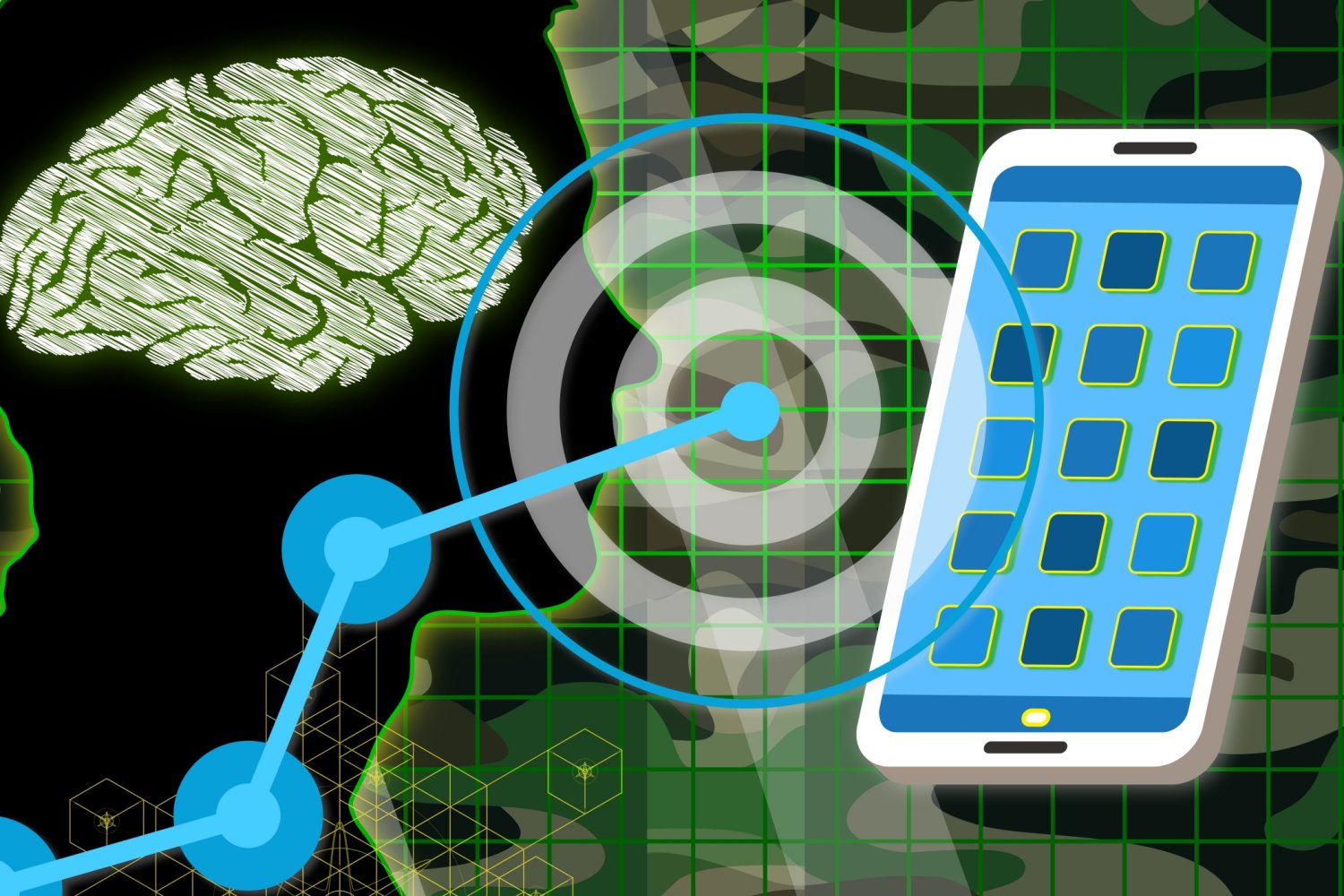Introduction to Cognitive Readiness
Cognitive readiness denotes a person’s ability to respond and adapt to the changes around them. This includes functions like keeping balance after tripping, or making the right decision in a challenging situation based on knowledge and past experiences. For military service members, cognitive readiness is crucial for their health and safety, as well as mission success. Injury to the brain is a major contributor to cognitive impairment, and between 2000 and 2024, more than 500,000 military service members were diagnosed with traumatic brain injury (TBI) — caused by anything from a fall during training to blast exposure on the battlefield.
The Importance of Cognitive Readiness Tests
Current cognitive readiness tests administered to service members lack the sensitivity to detect subtle shifts in cognitive performance that may occur in individuals exposed to operational hazards. Unfortunately, the cumulative effects of these exposures are often not well-documented during military service or after transition to Veterans Affairs, making it challenging to provide effective support. Researchers are working on developing new tests that can provide near-real-time screening for brain injury and cognitive health.
READY and MINDSCAPE: New Diagnostic Tools
Two new tools, READY and MINDSCAPE, are being developed to address the need for more sensitive and effective cognitive readiness tests. READY is a smartphone or tablet app that helps identify a potential change in cognitive performance in less than 90 seconds. MINDSCAPE uses virtual reality (VR) technology for a more in-depth analysis to pinpoint specific conditions such as TBI, post-traumatic stress disorder, or sleep deprivation. These tools are designed to be portable, easy to use, and adaptable to different operational settings.
How READY and MINDSCAPE Work
READY’s three tests measure a person’s ability to track a moving dot with their eye, balance, and hold a vowel fixed at one pitch. The app then uses the data to calculate a variability or "wobble" indicator, which represents changes from the test taker’s baseline or from expected results based on others with similar demographics, or the general population. MINDSCAPE uses VR technology to administer additional, in-depth tests to measure cognitive functions such as reaction time and working memory. These standard neurocognitive tests are recorded with multimodal physiological sensors, such as electroencephalography (EEG), photoplethysmography, and pupillometry, to better pinpoint diagnosis.
Holistic and Adaptable Approach
A key advantage of READY and MINDSCAPE is their ability to leverage existing technologies, allowing for rapid deployment in the field. By utilizing sensors and capabilities already integrated into smartphones, tablets, and VR devices, these assessment tools can be easily adapted for use in operational settings at a significantly reduced cost. This approach also enables the development of new capabilities and AI for brain-health sensing, which can be applied to various contexts, including military and civilian settings.
Conclusion
Cognitive readiness is a critical aspect of military service members’ health and safety, as well as mission success. The development of new diagnostic tools like READY and MINDSCAPE offers a promising solution to the limitations of current cognitive readiness tests. These tools have the potential to provide near-real-time screening for brain injury and cognitive health, enabling quick and effective decisions for treatment triage. As research continues to advance, these technologies may also find applications in civilian settings, such as sporting events, doctors’ offices, or wherever there is a need to assess brain readiness.
FAQs
Q: What is cognitive readiness?
A: Cognitive readiness refers to a person’s ability to respond and adapt to changes around them, including functions like keeping balance and making decisions.
Q: Why are current cognitive readiness tests limited?
A: Current tests lack sensitivity to detect subtle shifts in cognitive performance and often do not account for cumulative effects of exposures.
Q: What are READY and MINDSCAPE?
A: READY and MINDSCAPE are new diagnostic tools designed to provide near-real-time screening for brain injury and cognitive health.
Q: How do READY and MINDSCAPE work?
A: READY uses a smartphone or tablet app to measure eye tracking, balance, and vowel pitch, while MINDSCAPE uses VR technology to administer in-depth tests for cognitive functions.
Q: What are the potential applications of READY and MINDSCAPE?
A: These tools may be used in military and civilian settings, such as sporting events, doctors’ offices, or wherever there is a need to assess brain readiness.











